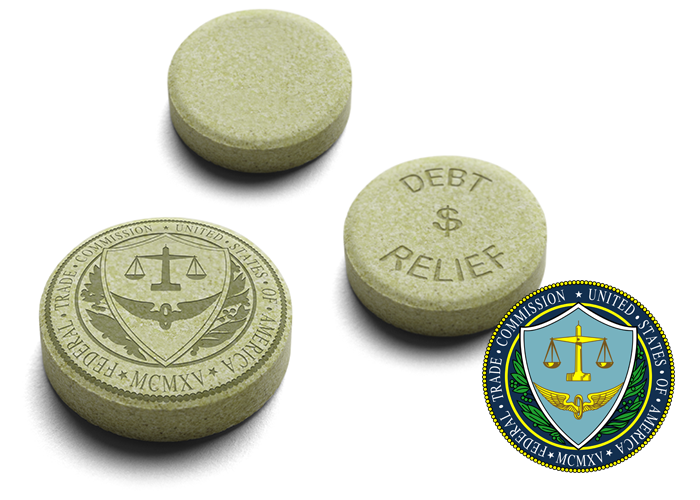On Oct. 27, 2010 the Federal Trade Commission instituted new rules that safeguard debt-laden consumers from predatory, disingenuous debt relief practices by prohibiting telemarketers at debt relief organizations from charging consumers before actually making an impact on their financial situations.
Such organizations have routinely passed themselves off as non-profits and charged consumers exorbitant fees for promised services while not actually doing anything to help. The problem is not new, as evidenced by the over 250 law enforcement acts undertaken against illegitimate debt relief providers over the past decade, yet the need for restriction has increased with the number of Americans in financial distress. Data from credit-scoring companies indicate that more than 40 million consumers can be considered to have “bad credit,” for which debt issues is a primary cause.
This potentially vulnerable demographic is now protected by policies that prohibit financial relief organizations from collecting fees until: they have negotiated settlements or term restructuring for at least one of a consumer’s balances, both the creditor and the consumer have agreed to this plan, and the consumer has made at least one payment toward the new agreement. The FTC’s rules prohibit disproportionate fee distribution for deals involving multiple debts as well, meaning the payments required by consumers to the debt relief agencies must be consistent with actual services rendered.
Restrictions are also being placed on the use by debt relievers of required accounts earmarked for creditor payments and provider fees. Before, use of such accounts was unencumbered. Now they are permitted only when ownership of the funds belongs to the consumer, the accounts are held at FDIC-insured banks, among other stipulations.
“The rule change … is a major victory for consumers struggling to control and manage their debt without inadvertently digging themselves in deeper,” Federal Trade Commission Chairman Jon Leibowitz is quoted as saying in an FTC press release. “Debt relief telemarketers are on notice – if you charge consumers before actually helping them, you will find the FTC and state enforcers knocking at your door to enforce the Rule.”
Consumers already working with a debt relief organization should still be wary, however, because the aforementioned protections only apply to people who enroll in debt relief after October 27, 2010. Non-Profit organizations offering debt relief and agreements entered into in person or online are also not covered. It is recommended that consumers check into any potential service because unscrupulous debt relievers often misrepresent themselves as being non-profit.
The changes have garnered general approval from personal finance experts, though some believe these rules are not yet complete. “It’s a really good step in the right direction,” said Odysseas Papadimitriou, CEO of Evolution Finance and WalletHub.com, “but it needs to be applied across the board so consumers know they have the same protection whether they are talking on the phone, online or in person.”
Such opinion has ideological backing in the political sector as well.
"These new reforms will go a long way toward cracking down on debt settlement scams, but we must go even further. We plan to keep pushing our legislation to cap the fees these companies can charge," said Sen. Chuck Schumer (D-N.Y.) as quoted by The Washington Post. "We must put a stop once-and-for-all to the deceptive and abusive practices rampant in the debt settlement industry.”

WalletHub experts are widely quoted. Contact our media team to schedule an interview.